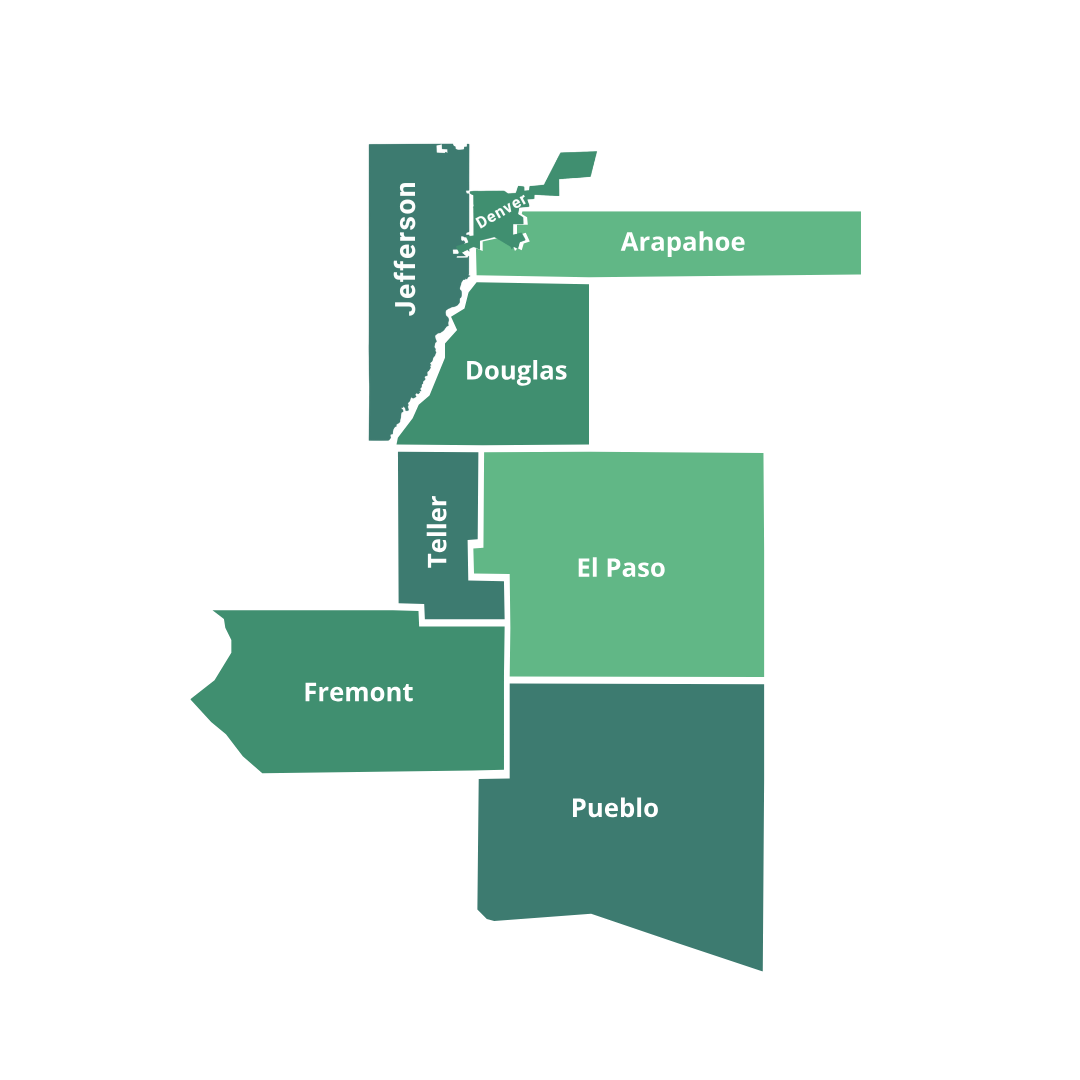





If you are 18 years or older that have been charged with a crime in Colorado, you may wonder what to expect after getting arrested. You should be aware of key components of the Criminal Justice system and know how to make a decision on the type of plea bargains being offered.
You have various rights if you have been arrested or charged with a crime in Colorado. You should discuss your rights with an attorney to determine how you should plead in a case and what rights you do have. Some of your rights include the following:
In addition to these rights, you will need to determine what type of plea to make. The following information discusses the types of pleas offered, the timing of the plea, and the implication the plea may have on other areas of your case.
If the prosecution has a strong case, they may offer you a plea deal to avoid trial and exposure to a lengthy sentence. You may only plead guilty if you committed the crime, and you are admitting to doing so in court before a judge. By pleading guilty, you are indicating to the judge that you agree to be sentenced by the judge. Sometimes this may include a recommendation to not have an “enhanced sentence” such as additional prison time. The judge will ultimately decide what to sentence.
Charge bargaining is an agreement where you would plead guilty to a lesser charge, so greater charges will be dropped.
Sentence bargaining is when you agree to plead guilty to a lesser sentencing option.
A bargain for a deferred sentence is a plea bargain where you plead guilty to a criminal charge in a case, but a conviction does not enter right away. Instead, the court will wait to see if you do all of the things you agree to do as part of the deferred sentence such as complete probation, engage in alcohol and drug treatment, not commit any crimes for a certain period of time, or go to classes. If you complete all of the terms of your deferred sentence, the court will throw out a conviction and dismiss your case. If you do not successfully complete the terms of your agreement, the conviction can be entered permanently on your record without going to trial.
A bargain for a lesser sentence could be offered in exchange for cooperating with investigators or authorities in the case, but this type of bargain is rare. More often than not, the DA will ask you to give information BEFORE promising a plea bargain because they want to see how good your information is.
In Colorado, Diversion Programs “provide a path out of the traditional criminal court processes of a plea, trial, conviction, and sentencing. Diversion holds people accountable for their actions and for repairing harm to victims of crime. Diversion seeks to reduce future criminal behavior and increase public safety. Diversion participants sign an agreement that lists what they must do or must not do for dismissal of the charges against them. Diversion may require participation in drug or alcohol treatment, recovery support, mental health, anger management or domestic violence offender treatment or restorative justice practices.” If you comply with their diversion agreements, charges are dismissed. Otherwise, prosecutors may pursue the charges against them.
There are various considerations when the prosecutor makes an early offer. You should discuss the scenarios below with an experienced attorney to determine whether the prosecution’s offer is reliable and beneficial in your case. Some considerations can include the following:
Making a plea is admitting guilt in your case. By admitting guilt, you could be opening yourself up to additional issues including the following:
When you meet with one of our highly experienced attorneys, we will discuss the following issues.
Normally when you enter a plea it is final. Most Judges will ask you if you wish to enter a final plea to ensure you do not try to take it back, and most plea agreements require you to sign a waiver stating that you will not try to withdraw your plea later. There are very few times, however, when you are able to withdraw your plea.
Frequently Asked Questions
Whether or not it is a good idea to accept a plea bargain entirely depends on the details of the particular case. If you did commit the crime you were charged with, and if your attorney believes the prosecution has a strong case against you, a plea bargain might be an excellent way to lessen the charges against you, and as such lessen the potential penalties. NEVER accept a plea bargain before speaking with an attorney, however, in order to make sure it is a good decision for you.
There are several possible downsides to accepting a plea bargain, depending on the details of your particular case. Accepting a plea bargain means that you are admitting guilt, which can have a long-lasting impact on employment, housing, and other future prospects.
Not everyone receives the offer of a plea bargain when they are arrested for a crime. Many people do get this offer though, particularly when the prosecution has very solid evidence and they know the defendant is likely to accept the plea in order to lessen their charges.
